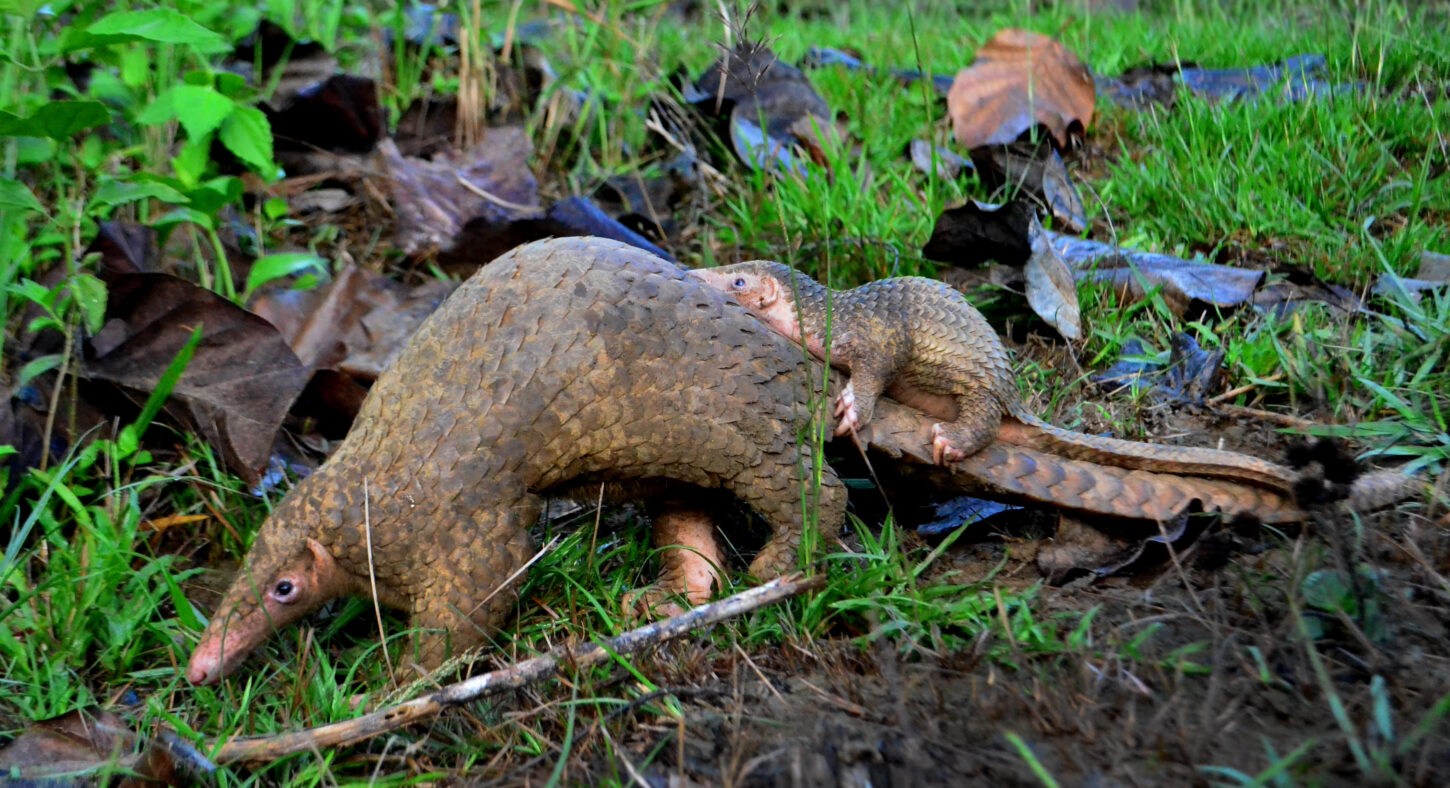Statement on World Pangolin Day, 20 February 2021

Protecting the “little guardians of the forests”
Dr. Theresa Mundita S. Lim
Executive Director, ASEAN Centre for Biodiversity
This year’s World Pangolin Day, the ASEAN Centre for Biodiversity joins the global community in raising awareness about the pangolins, their roles in the health of the ecosystems and the people, and their rapidly declining population.
Southeast Asia is indeed a haven for the pangolins, being home to three of its eight species— the Sunda pangolin (Manis javanica), the Chinese pangolin (Manis pentadactyla), and the Philippine pangolin (Manis culionensis), with its common name derived from the Malay word “penggulung,” which means roller, describing how the animal rolls up into a ball when threatened. All three species in the region are critically endangered according to the IUCN Red List.
However, the ASEAN region also continues to be a critical hotspot for pangolins, being reported as the source, transit, and destination of its trafficking. To date, pangolins remain to be among the list of most poached mammals as their meat and scales are believed to have medicinal value and they have poor survival rates in captivity.
Pangolins have been in the limelight, especially during the early months of the COVID-19 pandemic, following suspicions that these scaly ant-eating mammals are among the intermediate hosts for the 2019 novel coronavirus (SARS-CoV-2). Although the exact origins of the pandemic still remain a mystery, studies have already determined that pangolins and bats harbor viruses related to the causative agent of COVID-19.
Most recently, scientists from Duke-NUS Medical School, Singapore, and Chulalongkorn University, Thailand, found high levels of neutralising antibodies of SARS-CoV-2-related coronaviruses (SC2r-CoVs) in bats and pangolins in Thailand. The study, which was published on Nature Communications, provides a strong basis on how the region can be a potentially valuable research area to better understand and prevent pandemics that could originate from wildlife such as pangolins and from large and diverse bat populations.
By feeding on ants, termites, and other insects, pangolins play a crucial role in disease regulation. Keeping pangolin populations in healthy numbers and their habitats intact contributes to maintaining the delicate ecological balance. With the increasing human-wildlife interactions spawned by illegal wildlife trade and the continuous degradation of pangolin habitats, the spillover of the zoonotic disease-causing viruses becomes increasingly real. Our attention and action must then be focused on addressing these threats not just for nature but also for human health.
The aftermath of the global health crisis compels the region to drum up a whole-of-society approach in protecting these elusive, fast-disappearing species. Aside from stopping wildlife trafficking, it is crucial that we continue to conserve and protect the natural habitats of pangolins, while improving the socioeconomic conditions of the communities living in and around these areas.
Today, we should be reminded that our wellbeing and health largely depends on these species known as the “little guardians of the forests.
Happy World Pangolin Day!
#
